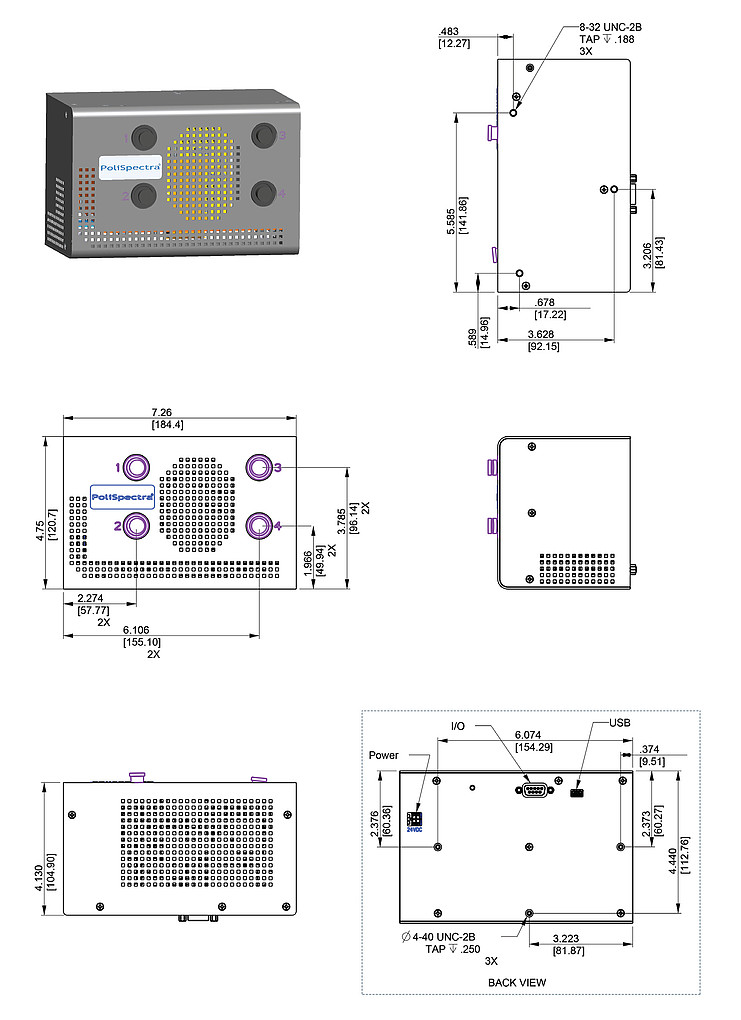Manufacturer of Optical Spectrometers, Camera Systems for OEM Industrial Applications
Multichannel Grating Spectrometer
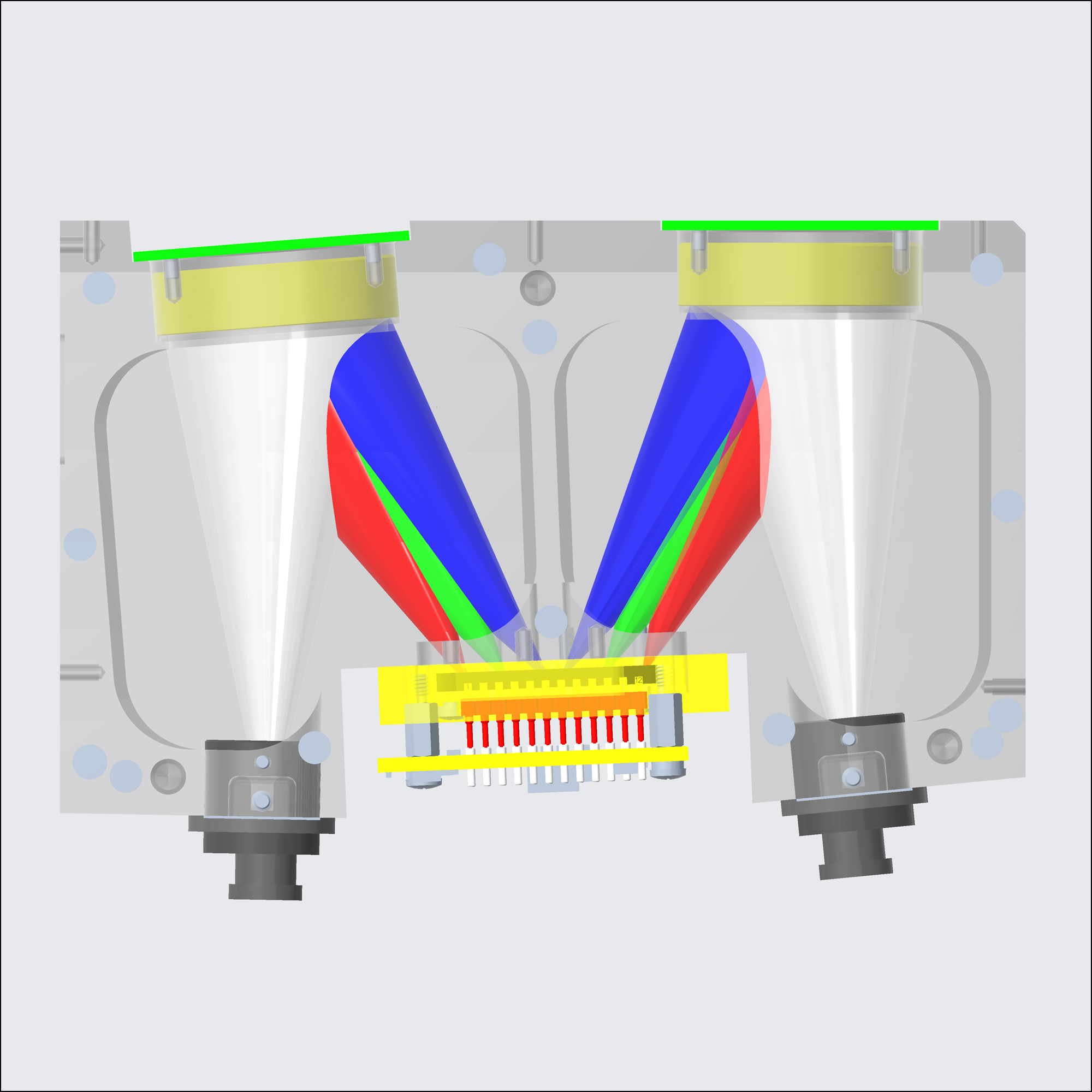
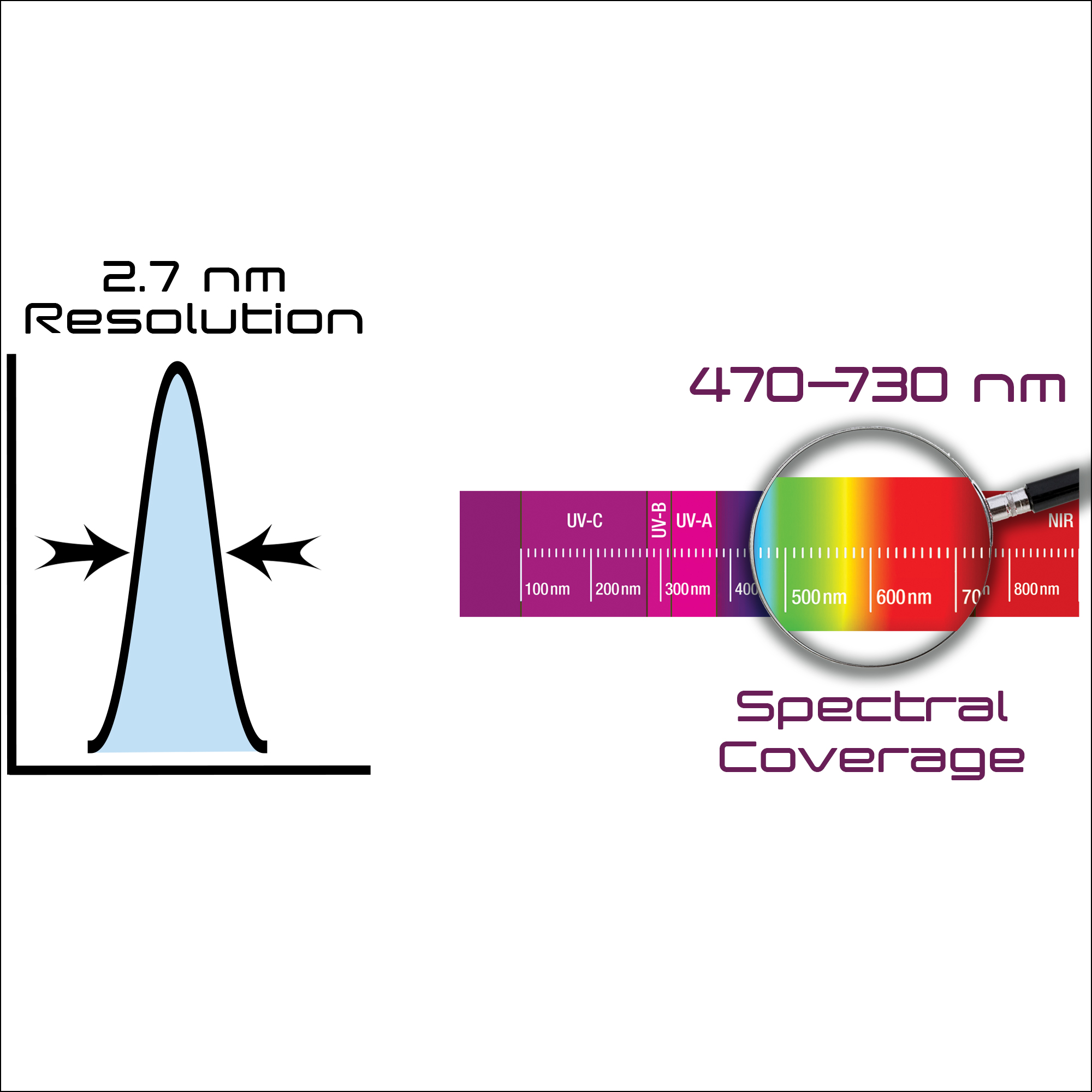
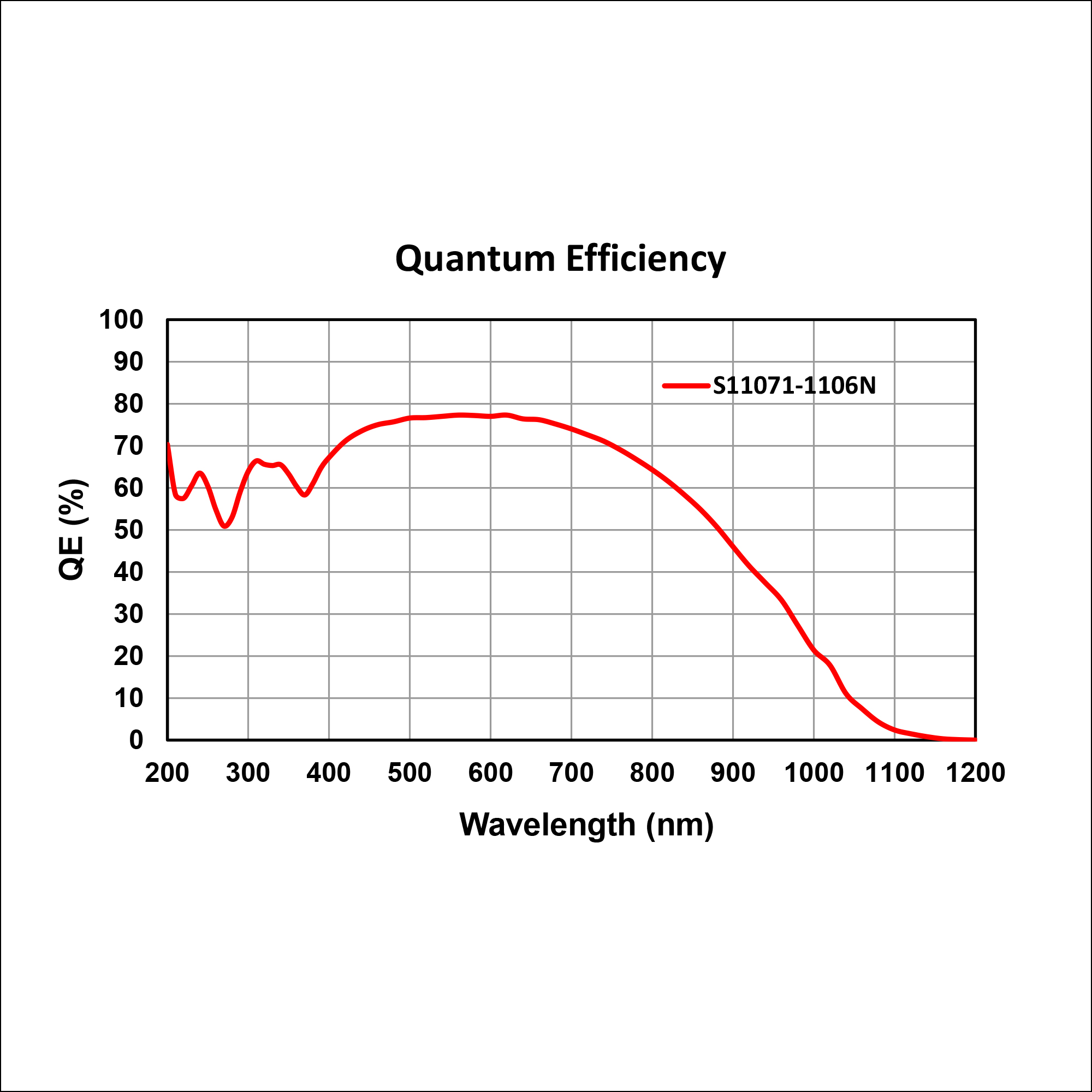
Horiba’s OEM Polispectra Quad spectrometer is an integration of four VS70 spectrometers built around Horiba JY Type-IV flat-field aberration-corrected holographic concave gratings. This high throughput VIS spectrometer with 4 fiber inputs provides simultaneous acquisition of 4 channels at high speed with minimal crosstalk. The main electronics board is designed to read the two CCDs on the system simultaneously and provides 1-8X binning capability. This OEM system is a unique and innovative approach to drastically reduce the cost per channel.
For OEM Industrial Low-light Applications
ㆍ Fluorescence
ㆍ Emission (OES)
ㆍ Absorbance
ㆍ Reflectance
ㆍ Examples :
- Body Fluids Analysis
- Flow Cytometry
- LED Testing, Colorimetry
- Food Analysis Moisture Content
ㆍ Simultaneous acquisition of 4 channels
ㆍ Excellent light purity with a typical 0.05% channel to channel crosstalk
ㆍ Spectral acquisition time as low as 1.3 ms for all 4 channels
ㆍ High throughput (f/2.3)
ㆍ Ultra-low stray light with aberration correction holographic grating
ㆍ High SNR and dynamic range
ㆍ TTL in/out to trigger each and all channels
ㆍ Compact size, robustness, stability and affordability
CCD Quantum Efficiency
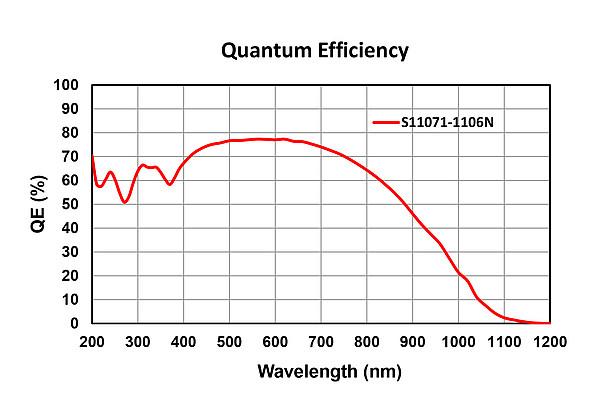
Simultaneous measurement of 4 colors LED array spectra with Polispectra Quad spectrometer
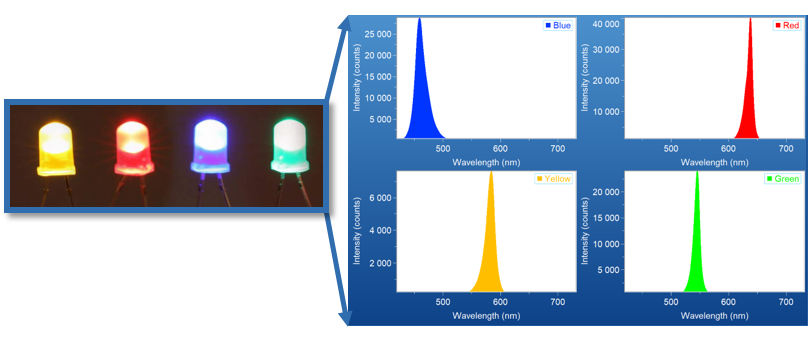
Polispectra Quad Spectrometer is capable of simultaneously measuring 4 channels, the picture above shows the emission spectra of 4 different color LEDs measured using Ø 200 µm core fibers
Raw Throughput Uniformity
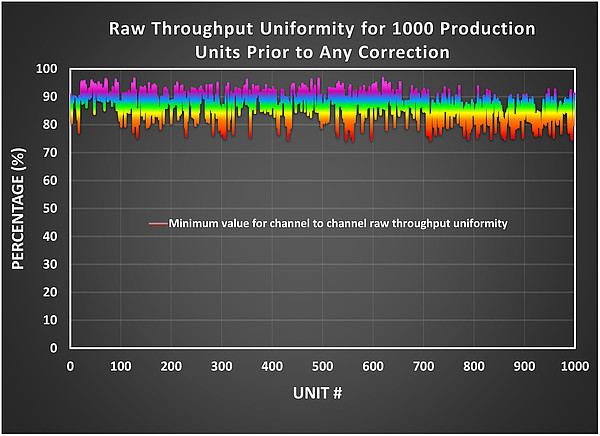
Raw throughput uniformity of better than 75% for 1000 production units measured channel to channel
OEM Spectrometer Selection Guide

| General Spectrometer Specifications* | |
|---|---|
|
Spectral Coverage |
Tunable from 470 to 730 nm |
|
Spectrometer Input |
FC (standard), other input types available upon request |
|
Spectral Resolution |
2.7 nm with 75 µm slit; 5 nm for Ø 200 µm fiber (no slit) |
|
Average Spectral Dispersion |
23.56 nm/mm; 0.33 nm/pixel (14 µm pixel CCD detector) |
|
Crosstalk (channel to channel) |
< 0.05% (typical)+ < 0.1% (maximum) |
|
Focal Length |
70 mm |
|
F/# |
~ F/2.3 |
|
Stray Light Rejection (< 590 nm or > 680 nm) |
< 0.05 % (typical) |
|
Wavelength Accuracy |
< 0.25 nm (average between 500 nm and 710 nm) |
|
Software |
LabVIEW™ acquisition software for initial evaluation (DLLs provided for software integration) |
| Back-illuminated linear CCD Detector | ||
|---|---|---|
| CCD Detector Model | Hamamatsu S11071-1104N | |
| CCD Sensor Format | 2048 x 22 (2 spectra per CCD of about 1000 pixels each) | |
| CCD Pixel Size | 14 x 14 µm | |
| CCD Height | 0.3 mm | |
| CCD QE at 20° C | QE = 63% at 250 nm; 76% at 650 nm; 55% at 850 nm | |
| Scan Rates | 2 MHz | |
| Full Well Capacity | > 225,000 e¯/pixel (minimum); 250,000 e¯/pixel (typical) | |
| Communication | USB 2 | |
| Scan Rates | 45 kHz and 500 kHz | |
| Readout Noise | 23 e¯ (typical) to 35 e¯ (maximum) | |
| Maximum Spectral Rate | 720 spectra/s with 0 ms exposure time | |
| Digitization | 16-bit ADC | |
| Dynamic Range (typical for single pixel) |
11,000:1 (typical) 7,300:1 (minimum) |
|
| Non-linearity (measured on each system) |
<0.8% (typical) 1.5% (maximum) |
|
| Dark Current at –45° C Note: Pixel Size = 14 μm |
50 e¯/pixel/s (typical) | |
| Environmental Conditions | Operating temperature 15° C to 35° C ambient Relative humidity <70% (non-condensing) Storage temperature -25° C to 45° C |
|
| Power requirements AC/DC power supply (provided) |
90-264 VAC, 47–63 Hz | |
* Specifications, form factor, and spectrometer cover subject to change without notice.
No LabVIEW™ license is needed to run our acquisition software.
+ This value includes optical and electronic crosstalk
Mechanical Drawings
